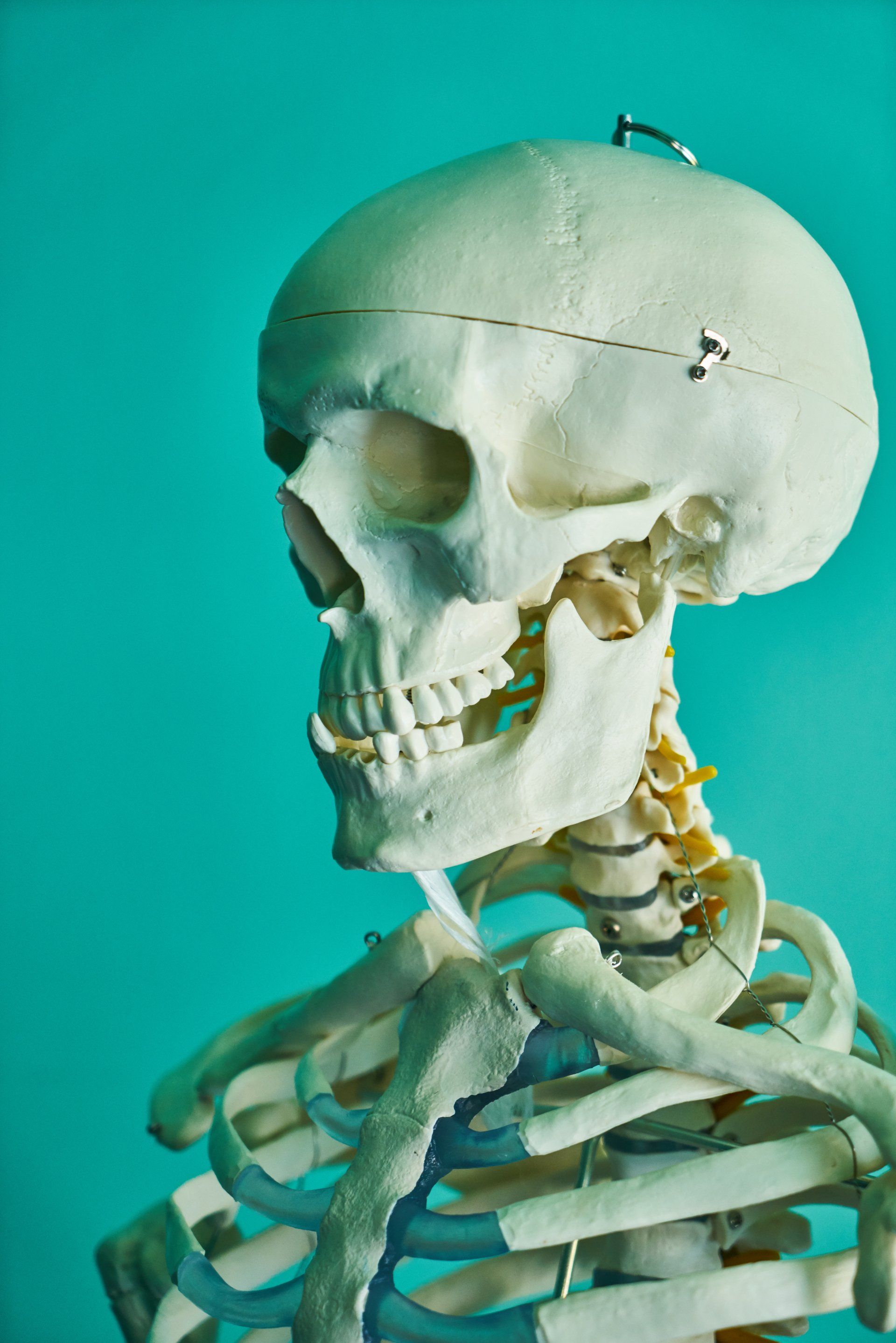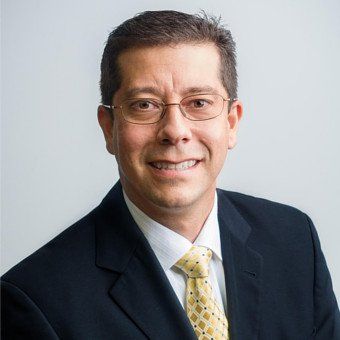Oral and Maxillofacial Surgery
Oral surgery and maxillofacial is oral surgery to correct a wide spectrum of diseases, injuries and defects in the head, neck, face, and the hard and soft tissues of the oral and maxillofacial region. It is a recognized international oral surgery surgical specialty preformed by oral surgeons, and it is one of the nine specialties of dentistry by oral surgeons recognized by the American Dental Association.
TERSA Oral and Facial Surgery : Changing Lives with a Smile
Oral surgery and maxillofacial oral surgeons are the only recognized dental oral surgeon specialists who, after completing dental school, are surgically trained in an American Dental Association-accredited hospital-based residency program for a minimum of four years for oral surgery. Oral surgeons train alongside medical residents in internal medicine, general surgery and anesthesiology and also spend time in otolaryngology (ear, nose and throat), plastic surgery, emergency medicine and other specialty areas that require advanced training. Their oral surgery training focuses almost exclusively on the hard and soft tissue of the face, mouth and their oral surgeon knowledge and surgical expertise in oral surgery uniquely qualify them to diagnose and treat the functional and esthetic conditions in this part of the body in oral surgery for optimal oral health and comfortable care.

Dr. Andrés E. Guerra-Andrade was born in Caracas, Venezuela and attended the School of Dentistry at the Universidad Central de Venezuela where he received his doctorate degree. He completed his Oral and Maxillofacial Surgery degree and his Master’s in Dental Sciences at the University of Puerto Rico, Medical Science Campus.
- He completed a Fellowship in Head and Neck Oncologic and Reconstructive Surgery at the University of Tennessee Medical Center at Knoxville, Tennessee.
- Assistant Professor at the Oral and Maxillofacial Surgery Residency Program at the University of Puerto Rico.
- Chairman and Coordinator of the Deep Sedation course for GPR and Pediatric Dentistry Programs at the University of Puerto Rico.
- Full scope Oral and Maxillofacial Surgeon at the James A. Haley VA Hospital in Tampa.
- DMD: Universidad Central de Venezuela
- Residency and Master in Dental Sciences (MDS) Oral and Maxillofacial Surgery Residency Program University of Puerto Rico, Medical Sciences Campus, School of Dental Medicine
- MDS University of Puerto Rico School of Dental Medicine
- Diplomate American Board of Oral and Maxillofacial Surgery
- Diplomate of the National Board of Dental Anesthesiology
- Fellow American Association of Oral and Maxillofacial Surgeons
- Fellow American College of Oral and Maxillofacial Surgery
- Fellow American Society of Dental Anesthesia
- Past President of the West Pasco Dental Association
- American Dental Association
- International Association of Oral and Maxillofacial Surgery
- Florida Dental Association
- Florida Society of Dental Anesthesiology
- Florida Society of Oral and Maxillofacial Surgery
- West Coast Dental District Association
- West Pasco Dental Association
- Hillsborough County Dental Research Clinic
Your oral and maxillofacial surgeon has many years of education and hands-on training to provide treatment for a wide range of conditions.
Wisdom teeth are the last set of teeth to develop. Sometimes they emerge from the gum line, and the jaw is large enough to allow room for them, but more often than not, they fail to emerge and become impacted. When a wisdom tooth is impacted, it may need to be removed. Impacted wisdom teeth that are partially or fully erupted tend to be quite difficult to clean and are susceptible to tooth decay, recurring infections and even gum disease. The American Association of Oral and Maxillofacial Surgeons strongly recommends that wisdom teeth be removed by the time the patient is a young adult in order to prevent future problems and to ensure optimal healing.
Maxillofacial injuries or facial trauma encompass any injury to the mouth, face and jaw. One of the most common types of serious injury to the face occurs when bones are broken. Fractures can involve the lower jaw, upper jaw, palate, cheekbones, eye sockets or combinations of these bones. These injuries can affect sight and the ability to breathe, speak and swallow. Because of this, the expertise of the oral and maxillofacial surgeon is indispensable. Avoiding injury is always best, so it is extremely important to use seat belts, protective mouth guards and appropriate masks and helmets for everyone who participates in athletic pursuits at any level.
Oral and maxillofacial surgeons recommend that everyone perform an oral cancer self-exam each month. If you notice white or red patches, an abnormal lump, chronic sore throat or hoarseness or difficulty chewing or swallowing, you should contact your oral and maxillofacial surgeon. They will remove a section of tissue to perform a biopsy and accurately diagnose the problem.
Dental implants are long-term replacements for missing teeth that your oral and maxillofacial surgeon surgically places in the jawbone. Composed of titanium metal that fuses with the jawbone through a process called osseointegration, dental implants never slip and never decay. Because dental implants fuse with the jawbone, bone loss is generally not a problem.
Oral and maxillofacial surgeons have the ability to provide patients with safe, effective outpatient anesthesia including local anesthesia, nitrous oxide, IV sedation and general anesthesia. During their surgical residency, residents must complete a rotation on the medical anesthesiology service where they become competent in evaluating patients for anesthesia, delivering the anesthetic and monitoring post-anesthetic patients.
Business Hours
- Monday
- -
- Tuesday
- -
- Wednesday
- -
- Thursday
- -
- Friday
- -
- Saturday
- Closed
- Sunday
- Closed
Business Hours
- Monday
- -
- Tue - Thu
- -
- Friday
- -
- Sat - Sun
- Closed
All Rights Reserved | TERSA Oral and Facial Surgery

